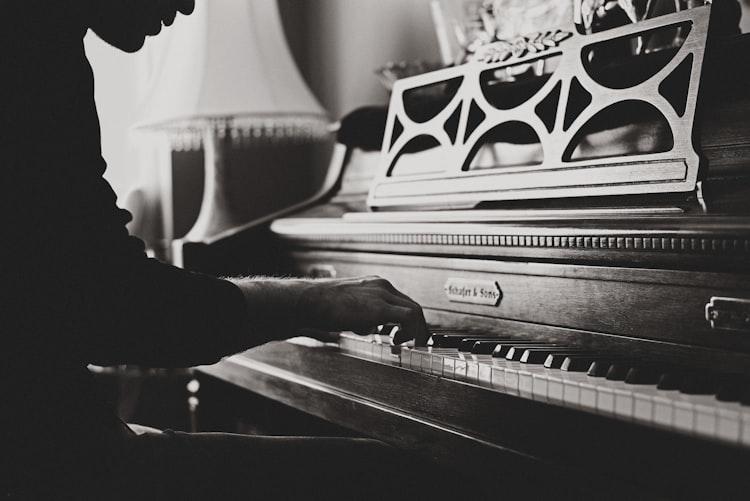 |
| Photo by Darius Soodmand. |
Over the course of Mental Illness Awareness Week, I have been reflecting on some of the things that helped me with the depression and self-hatred I lived with for most of my life.
The main practice that changed my life was paying attention to the terrible things I was telling myself and then changing that script. It was essentially a combination of cognitive behavioural therapy (which I knew about at the time) and mindfulness (which I had never heard of).
This Psych Central article by Kellie Edwards is a great distillation of this notion, using the framework of rehearsal.
Rehearsal is a powerful thing. Think about the things you rehearsed to death as a kid. Could you still bust out the slap leather line dance after doing it every year in gym class? Were you so obsessed with Gangster's Paradise as a teen that you can still rap the whole thing without even thinking about it? Did you master kickflips to the point where they come completely naturally ten or twenty years later?
Sometimes we rehearse things on purpose, like the kickflips, raps, and line dances. Sometimes, however, we rehearse things by accident, like when we remind ourselves that we are worthless, imagine a terrible humiliation over and over again, or get the lyrics to a song wrong but sing it that way so many times we can't do it the right way anymore.
When we choose to rehearse something, it's because we want to become good at it. The problem is that accidental rehearsal is just as powerful as intentional rehearsal. It still makes us better at the thing we are practicing, even if it's something we wouldn't consciously choose to be good at.
It's also sneaky because when we rehearse thoughts and beliefs they become so obvious and so true that we don't even need to justify them. Anything that challenges them sounds like a lie.
When I started rehearsing new beliefs about myself after 25 years of telling myself I was worthless, it felt completely unnatural and pointless (because the new beliefs seemed like lies compared to my well-worn belief). It was hard to see how it would be worth it.
The truth might set you free, but freedom does not come overnight, especially if it seems like a trick.
The things you're rehearsing may not be so severe as believing that you are unloveable. Maybe, like Kellie Edwards, you practice worry. Worry can be helpful in encouraging preparation, but only to a point (and a very small point, I would say), and it's certainly not something we want to get better at.
I realized while reading this article that I have considered my work in monitoring and changing my thought patterns done since I learned to stop hating myself. But I am still rehearsing some unhelpful things. I rehearse the specific ways I could get my heart broken. I rehearse the different routes to poverty in my life. I rehearse being trapped in an unhappy career and/or failing at my job.
Recognizing what you are rehearsing takes mindfulness. Choosing to rehearse something new takes a lot of dedication to continue and compassion for when you get it wrong.
It might seem too hard, but the slow realization that the truth has, indeed, set you free is completely worth some intentional rehearsal.
Sign up for my email newsletter for a bi-weekly digest and bonus content!
